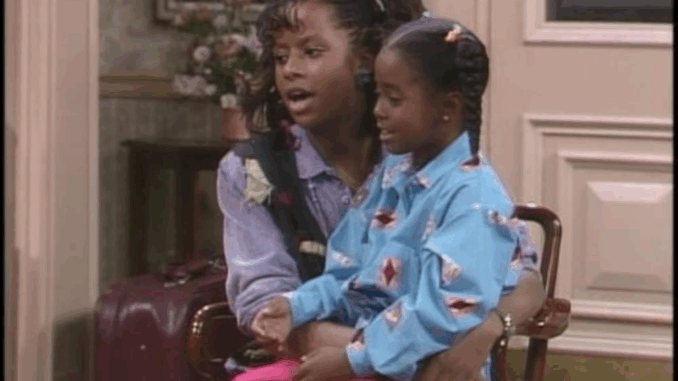
More than three decades after its finale, The Cosby Show continues to spark conversations—not only about its place in television history but also about its lasting cultural impact. While recent years have brought controversy surrounding its lead actor, the show itself remains a powerful example of storytelling that reshaped how families, especially African-American families, were portrayed on screen.
A Sitcom That Changed the Narrative
When The Cosby Show debuted in 1984, few could have predicted its meteoric success. By its second season, it was the number one show in America. At its core was the Huxtable family—relatable, aspirational, and refreshingly normal. Unlike many sitcoms of the era, it didn’t rely on slapstick or clichés. Instead, it focused on intelligent, character-driven humor and real-life issues faced by modern families.
The Huxtables showed audiences a family that was loving but imperfect, funny yet grounded. From sibling rivalries to teenage growing pains, the series found comedy in truth and resonated across racial and socioeconomic lines.
Uplifting Black Excellence
One of The Cosby Show’s greatest contributions was its unapologetic celebration of Black excellence. Cliff and Clair Huxtable were both successful professionals, and their home life emphasized the importance of education, culture, and self-respect. The show also paid homage to Black artists, musicians, and intellectuals—often featuring jazz music, works of Black art, and references to historically Black colleges and universities (HBCUs).
It was the first time mainstream audiences consistently saw a Black family portrayed with such nuance, complexity, and pride. The show helped to normalize Black success on screen, paving the way for generations of creators and storytellers.
A Launchpad for Future Stars
The show helped launch the careers of multiple actors who would go on to become household names. Lisa Bonet, who played the free-spirited Denise Huxtable, later starred in the spin-off A Different World, which focused on college life at an HBCU. Malcolm-Jamal Warner, Keshia Knight Pulliam, and others also gained wide recognition, becoming role models for young viewers.
Behind the scenes, The Cosby Show also opened doors for more inclusive hiring practices in Hollywood—both in front of and behind the camera.
Navigating a Complicated Legacy
Of course, any discussion of The Cosby Show today cannot ignore the serious allegations and legal troubles surrounding Bill Cosby. These events have prompted a wider debate about whether art can be separated from its creator. For some, the show’s brilliance is now tarnished. For others, the work stands independently as a milestone in TV history.
What’s clear is that The Cosby Show still matters—not just as a sitcom, but as a cultural force that redefined what American television could look like.
Conclusion
Despite its complicated legacy, The Cosby Show remains a cornerstone of television history. Its groundbreaking representation, emotional honesty, and cultural significance continue to influence shows to this day. In celebrating what it accomplished, we are reminded of the power of television not only to entertain—but to elevate, challenge, and change the narrative.